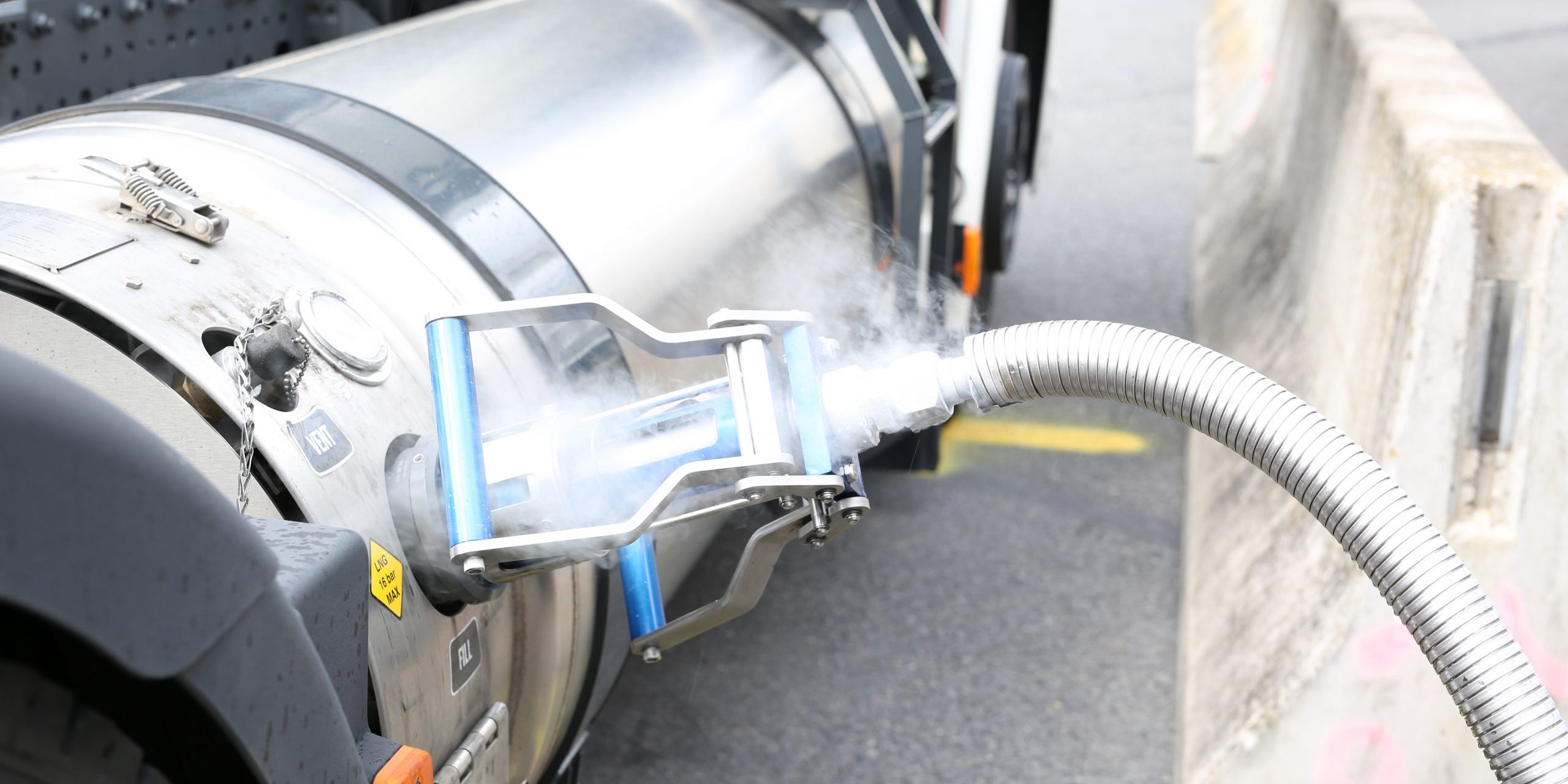Liqvis GmbH and revis bioenergy GmbH have concluded an agreement, through which revis will supply Liqvis with bio-LNG from mid-2023, produced exclusively from advanced waste and residual agricultural materials in accordance with EU regulation RED II. In future, this will be produced in a revis biogas liquefaction plant.
Liqvis plans to offer bio-LNG as an alternative fuel for heavy duty transport at its LNG filling stations in Germany from the summer of 2023 and to gradually convert its entire supply portfolio to 100% bio-LNG.
“Together with revis bioenergy GmbH, we have succeeded in concluding a bio-LNG supply contract which makes us less dependent on price developments on the European gas exchanges, while at the same time enabling more sustainable competitiveness with diesel fuels. We are pleased to be working together with a strong partner to make another important contribution to decarbonizing heavy duty transport in Germany. The contract, under which the first quantities are to be delivered in the second half of 2023 according to current plans, thus creates a clear perspective for our customers and strengthens the future viability of this drive technology,” said Sebastian Gröblinghoff, Managing Director of Liqvis GmbH.
“In revis bioenergy GmbH, Liqvis has gained a strong partner that specializes in the operation of biogas and biomethane plants using residual and waste materials. As a partner and marketer for green gases and fuels, revis will also take over liquefaction of the biomethane produced,” commented Simon Detscher, GF of revis bioenergy GmbH.
Uniper subsidiary Liqvis has been operating LNG stations at strategic transport hubs with particularly high heavy duty transport volumes since 2017. Offering conventional LNG has helped their customers to achieve significant CO2 savings over the use of diesel as a fuel. Through cooperation with another strong partner, Liqvis will be able to offer its customers a completely CO2 -neutral product at prices competitive with diesel from mid-2023. Liqvis is working hard to increase the share of bio-LNG in the refueling network to 100% in the second half of 2023.
Source: Uniper







